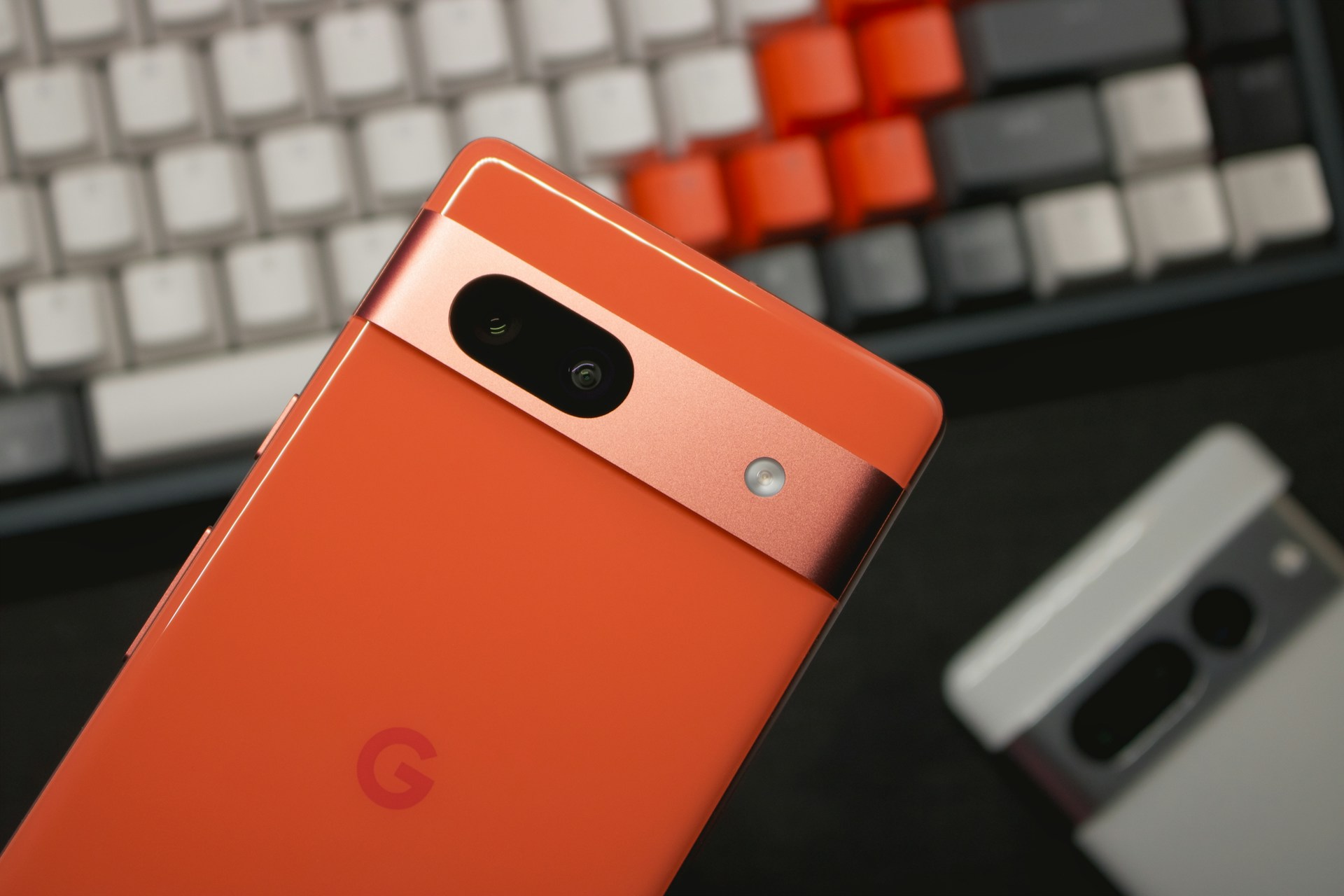Google Pixel 8 Pro vs Pixel 7 Pro: A Detailed Specs Showdown
Google continues to push boundaries with its flagship smartphones, and the Pixel 8 Pro builds upon the strengths of the Pixel 7 Pro with notable upgrades in processing power, display brightness, camera technology, and battery life. Here’s a side-by-side breakdown of the key specifications and differences between these two premium devices.
Display and Design
Both the Pixel 7 Pro and Pixel 8 Pro come equipped with 6.7-inch OLED displays and a 120Hz refresh rate, ensuring smooth visuals and vibrant color reproduction. However, there are subtle changes in resolution and brightness.
-
Pixel 7 Pro features a 3120 x 1440 pixel resolution at a 19.5:9 aspect ratio, delivering 513 pixels per inch.
-
Pixel 8 Pro slightly lowers the resolution to 2992 x 1344 pixels with a 20:9 aspect ratio, resulting in 490 PPI.
Where the Pixel 8 Pro truly stands out is in peak brightness, which reaches an impressive 2400 nits—significantly higher than the Pixel 7 Pro’s 1500 nits. Both devices use Corning Gorilla Glass Victus for screen protection, but the newer model gets an upgrade to Victus 2.
Performance and Hardware
Under the hood, the Pixel 8 Pro makes a leap forward with the new Google Tensor G3 chip, built on a more efficient 4nm process. This chip features a nona-core CPU, offering improved performance and efficiency over the Pixel 7 Pro’s octa-core Tensor G2 built on a 5nm process.
-
GPU: The Pixel 7 Pro relies on the Mali-G710 MP7, while the Pixel 8 Pro uses the newer Immortalis-G715s MC10.
-
RAM: Both phones pack 12GB of RAM, but the 8 Pro uses faster LPDDR5X compared to LPDDR5 on the 7 Pro.
-
Storage: Each device starts with 128GB of UFS 3.1 storage with no option for expansion.
-
Operating System: The Pixel 8 Pro ships with Android 14 and is eligible for Android 15, while the Pixel 7 Pro runs Android 13 with updates up to Android 15.
Battery and Charging
Battery life sees modest improvements in the Pixel 8 Pro.
-
Battery Capacity: 5000mAh on the Pixel 7 Pro vs. 5050mAh on the Pixel 8 Pro.
-
Charging: The Pixel 8 Pro supports faster wired charging at 30W (up from 23W), while both devices support 23W wireless charging. The Pixel 7 Pro also offers reverse wired charging, a feature omitted from the newer model.
Battery performance has also improved in real-world testing:
-
Pixel 7 Pro offers:
-
6h 17min estimated usage
-
14h 19min browsing
-
9h 39min video playback
-
7h 43min gaming
-
-
Pixel 8 Pro improves to:
-
7h 3min estimated usage
-
15h 51min browsing
-
10h 32min video playback
-
9h 35min gaming
-
Camera Capabilities
Both smartphones come with a triple-lens rear setup, but the Pixel 8 Pro introduces significant improvements in camera specifications and versatility.
-
Main Camera: Both models use a 50MP sensor, though the 8 Pro features a wider F1.7 aperture compared to F1.9 on the 7 Pro, allowing for better low-light performance.
-
Telephoto: Both use a 48MP sensor with 5x optical zoom, but the Pixel 8 Pro improves aperture to F2.8 from F3.5, enhancing zoom clarity in low light.
-
Ultra-Wide Lens: This is where the biggest leap happens. The Pixel 7 Pro includes a 12MP sensor, while the Pixel 8 Pro bumps it up to 48MP, offering sharper wide-angle shots and improved dynamic range.
On the video side:
-
Both support 4K UHD recording at 60 fps, but the Pixel 8 Pro expands Full HD capabilities to 240 fps versus 60 fps on the 7 Pro, opening the door for smoother slow-motion footage.
Front Camera:
-
The Pixel 7 Pro has a 10.8MP front-facing camera, while the 8 Pro drops slightly to 10.5MP but introduces 4K 60fps recording, adding to its appeal for content creators.
Final Thoughts
The Pixel 8 Pro refines what made the 7 Pro such a standout device, with upgrades in processing power, battery life, camera versatility, and display brightness. While both phones maintain the same screen size and similar design language, the Pixel 8 Pro clearly aims at users who want more performance, enhanced photography, and future-proof features.
For those already using the Pixel 7 Pro, the jump may not be essential unless cutting-edge photography or peak performance is a priority. However, for new buyers choosing between the two, the Pixel 8 Pro stands as the more advanced and future-ready option.

